Courgette Plants At The End Of Season Are Good For Compost – Don’t Collect The Seeds
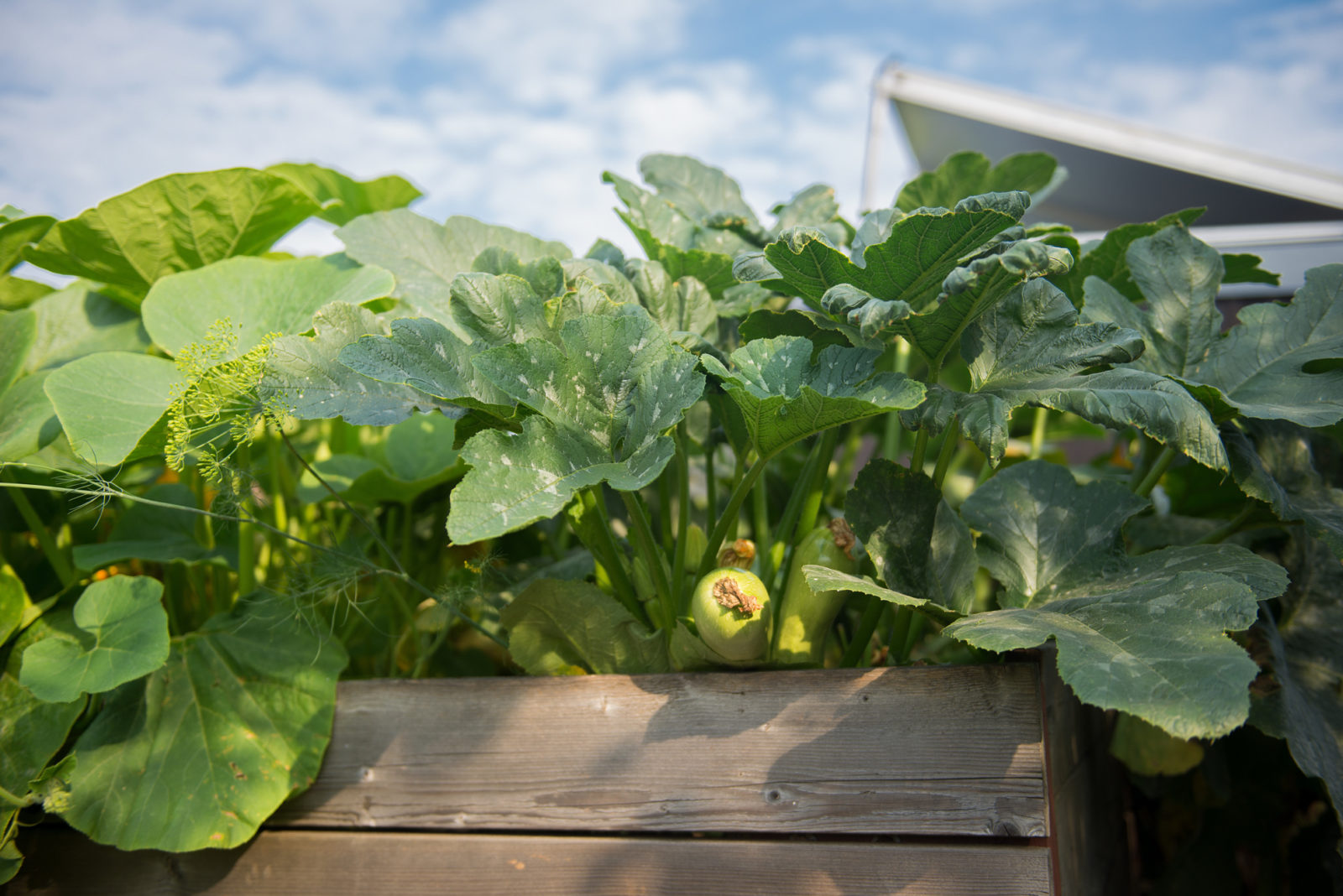

Elizabeth is a Permaculture Garden Designer, Sustainability Consultant and Professional Writer, working as an advocate for positive change. She graduated from the University of St. Andrews with an MA in English and Philosophy and obtained a Diploma in Applied Permaculture Design from the Permaculture Association.
Reviewed By ROY NICOL

Roy is a Professional Gardener and Horticultural Consultant, specialising in large garden year-round maintenance and garden development. He is an RHS Master of Horticulture and uses his research in the application of no-dig methods in ornamental garden settings. Roy has been a Professional Gardener for more than six years and is a member of the Chartered Institute of Horticulture, Professional Gardener's Guild and Association of Professional Landscapers (Professional Gardener).
IN THIS GUIDE
COURGETTE GUIDES
Disposal
Feeding
Harvesting
Your courgette plants will stop producing at the end of the growing season once the first frosts arrive.
Before they do, you can consider letting a mature fruit grow to produce seeds that you might sow next year.
Remember that they can cross-pollinate with other courgettes, squash, and cucurbits, so they won’t come true from seed.
“Collecting seed from F1 hybrids should be avoided as poor quality plants result from open pollination of these plants,” advises Roy Nicol, a Master Horticulturist.
With that being the case, once the colder weather arrives and your plants begin to die back, you may be wondering what to do with your courgettes at the end of the season.
In this guide, we share some reasons for the removal of courgette plants and several ways you can make use of the dead plants in your garden.
Removing For Space
I often remove courgette plants from my garden before they begin to die back and sometimes when they are still productive.
The reason for this is that I grow my courgettes in a polytunnel where space is often limited.
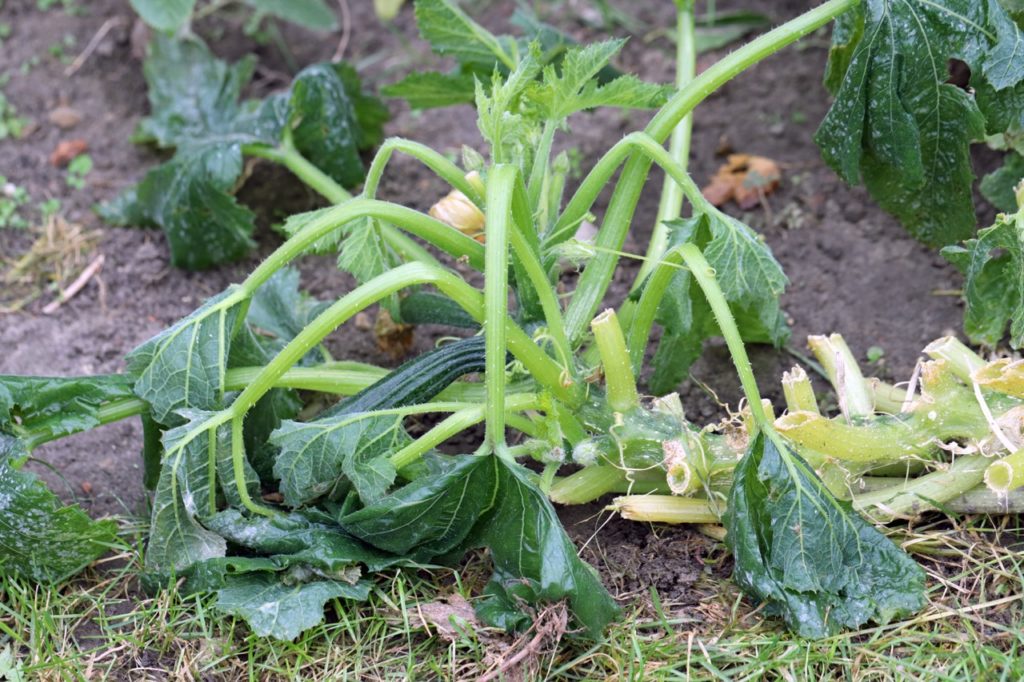
Because of this, I sometimes clear out some summer crops a little early so that I can grow plants in this space over the winter months too.
After this, I add the dead plants into my composting system.
Composting Old Plants
Whether or not you should compost courgette plants depends on whether they are healthy or not.
If the plants show signs of diseases like mildew, then it is not always a good idea to add them to your composting heap, as this may increase the spread of diseases throughout your garden.
It may also be a bad idea to compost a plant with a bad bug infestation since the bugs might overwinter in the soil or in your compost heap and cause problems in your garden next year.
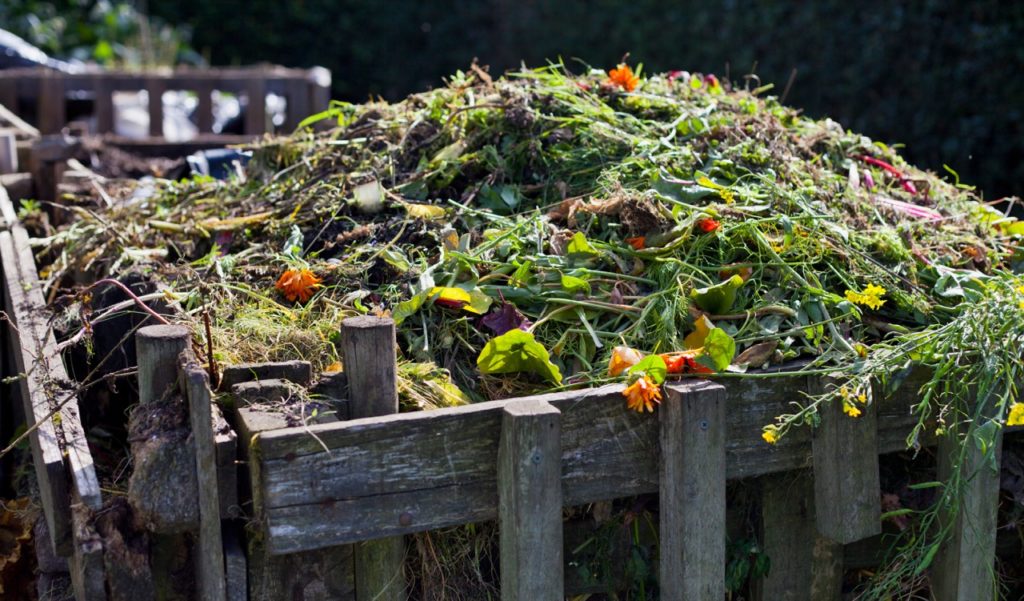
If, however, your plant is healthy and not showing any signs of pests or disease, then you can certainly compost the leaves and stems of your plants.
There are several different ways in which you can allow your courgettes to break down and return their nutrients to the system.
One idea is simply to add them to your composting heap or bin.
It is a good idea to chop up the stems on larger plants so that they break down more quickly.
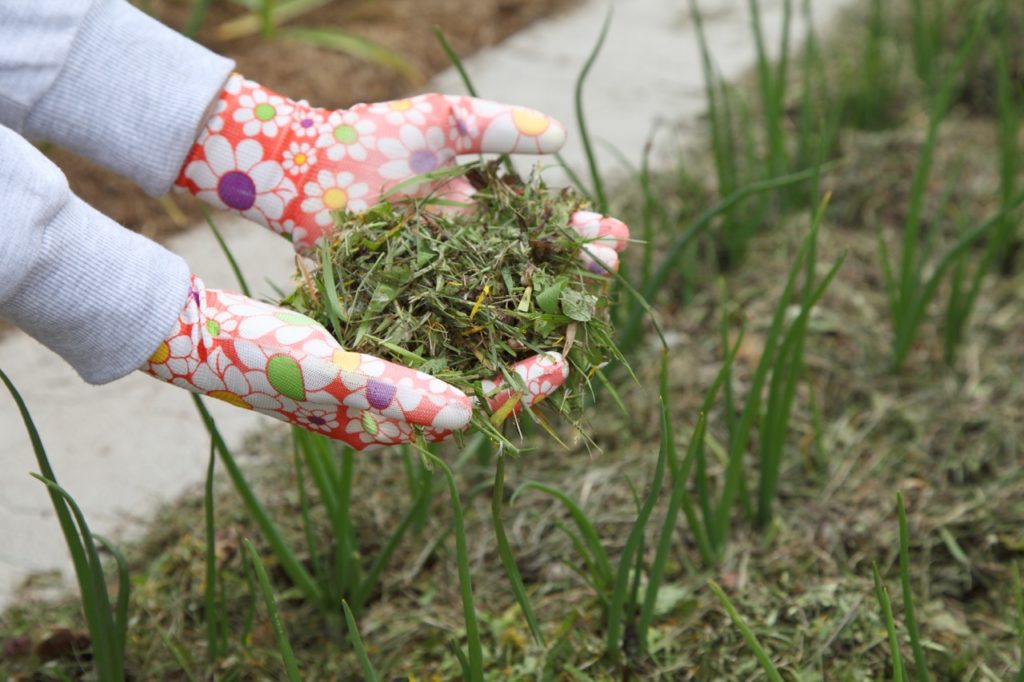
However, chopping and dropping and then leaving the plant material to compost in your vegetable garden can also be beneficial for a couple of reasons.
The soil in your garden should never be left bare over the winter months.
To protect it from nutrient loss and erosion and to maintain a healthy soil ecosystem, adding mulch, like old, chopped courgette plants, in autumn is an excellent idea.
You can then replenish this with compost or other organic matter before planting in the spring.
Other Uses
If you keep chickens in your garden, then give the old courgette plants to your chickens.
They won’t just enjoy eating any green leaves, but can also pick off any pests that might remain.
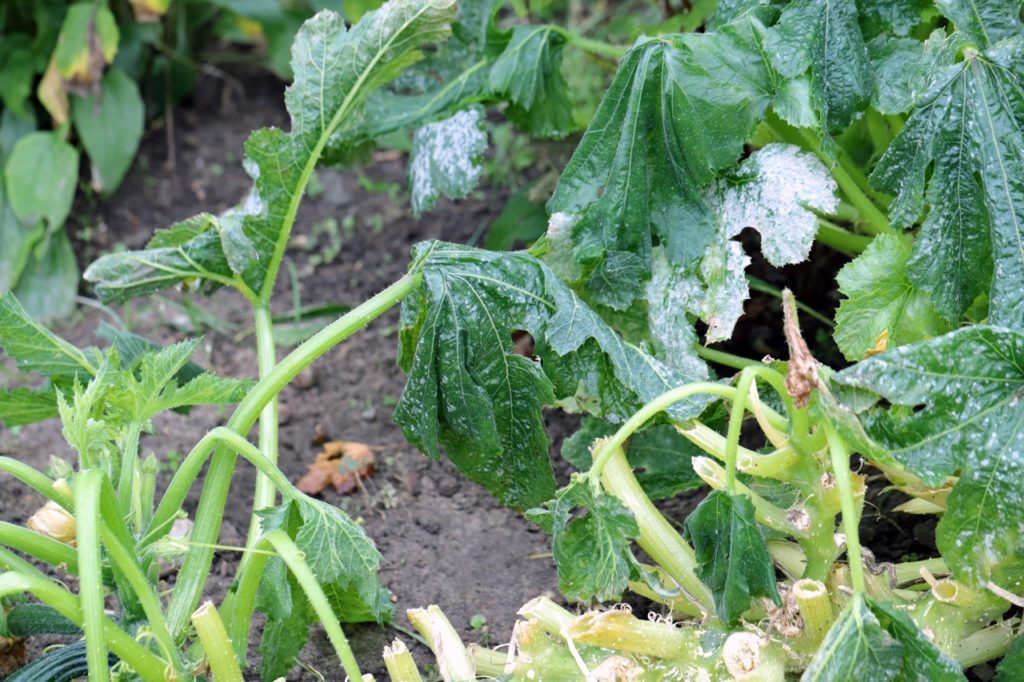
If plants are diseased then I recommend burying these in a hole or trench in a part of your garden that is as far removed from your food-producing areas as possible.
Planting comfrey or other plants that can be chopped and dropped nearby means you can still regain the nutrients for your edible garden by utilising this as mulch – without worrying about pests or diseases.
